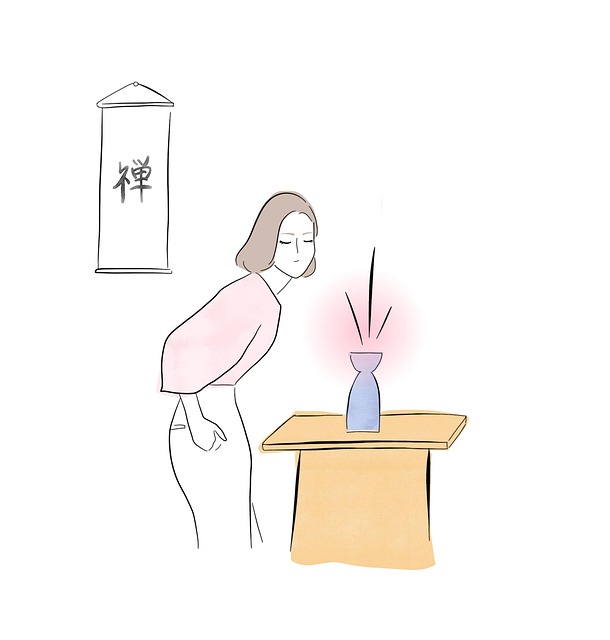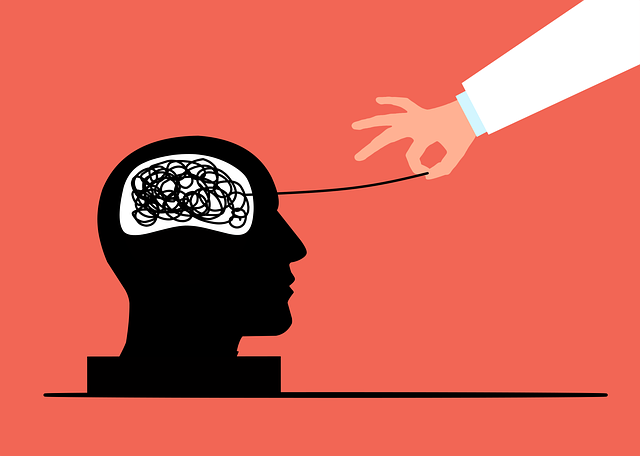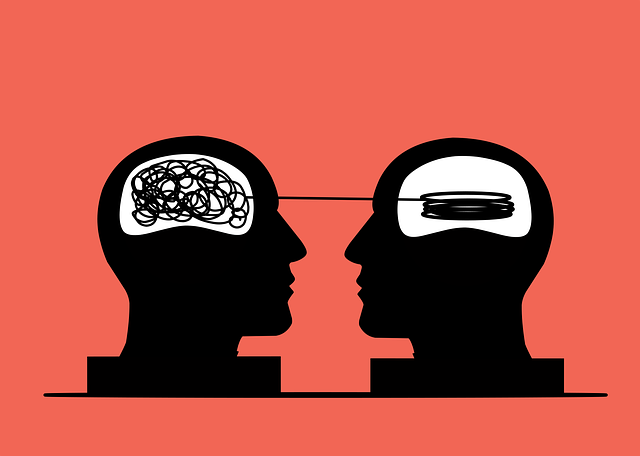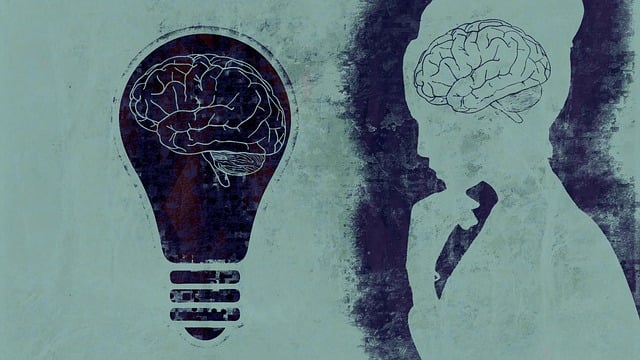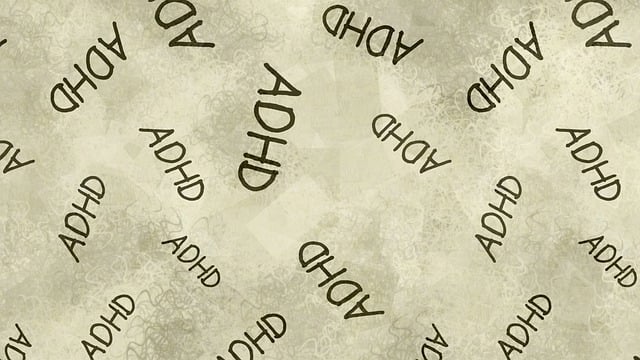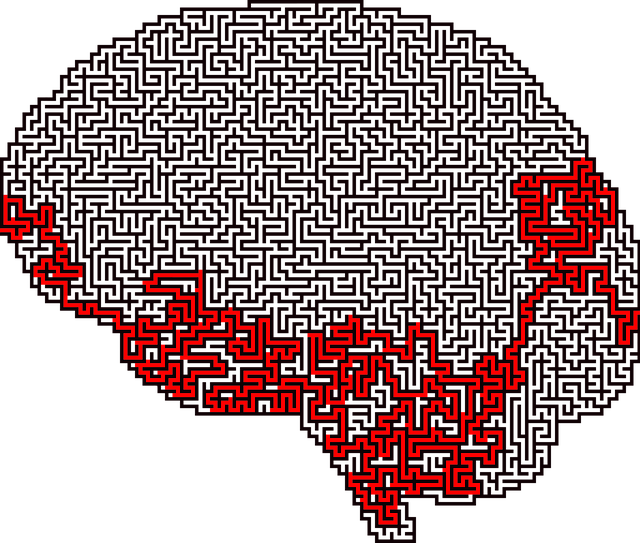Culturally sensitive mental healthcare is crucial for treating conditions like Aurora Panic Disorder and Anxiety Attacks, especially in diverse communities. Through community outreach, education, and early intervention, therapists can bridge cultural gaps. Effective communication, empathy, and tailored evidence-based treatments improve mood management and overall wellness outcomes. Integrating cultural competency training, self-esteem improvement, and stress reduction methods aligned with individual contexts revolutionizes therapy, addressing unique challenges faced by diverse patients. Overcoming cultural barriers through holistic practices ensures accessible, meaningful care for all, enhancing therapeutic outcomes from depression prevention to mood management.
In today’s diverse society, cultural sensitivity is paramount in mental healthcare. Understanding cultural diversity and its impact on therapy outcomes can significantly improve patient care. This article explores these crucial aspects, using Aurora Panic Disorder as a case study to demonstrate the importance of cultural competence when addressing anxiety attacks. We delve into strategies for incorporating cultural sensitivity in practice, while also tackling common barriers and solutions in cross-cultural therapy.
- Understanding Cultural Diversity in Mental Healthcare
- The Impact of Cultural Sensitivity on Therapy Outcomes
- Aurora Panic Disorder: A Case Study for Cultural Competence
- Strategies for Incorporating Cultural Sensitivity in Practice
- Overcoming Barriers: Challenges and Solutions in Cross-Cultural Therapy
Understanding Cultural Diversity in Mental Healthcare

In the ever-evolving landscape of mental healthcare, understanding and appreciating cultural diversity is no longer a consideration but a necessity. With communities becoming increasingly diverse, it’s crucial for therapists and mental health professionals to be equipped with the knowledge and skills to provide culturally sensitive care. This involves recognizing and respecting the unique beliefs, values, and traditions that shape individuals’ experiences of mental illness and influence their help-seeking behaviors. For instance, when treating conditions like Aurora Panic Disorder and Anxiety Attacks, a therapist must be mindful of cultural contexts that might impact symptoms presentation and treatment preferences.
Community outreach programs and mental wellness podcast series production can play pivotal roles in fostering cultural sensitivity. These initiatives allow healthcare providers to engage with diverse communities, educate them about mental health, dispel myths, and promote early intervention. By integrating these approaches, therapists can bridge the gap between culturally diverse populations and mental healthcare services, ensuring that everyone receives evidence-based treatments tailored to their specific needs. Effective communication, empathy, and a willingness to learn are key ingredients in this process, ultimately enhancing mood management and overall mental wellness outcomes.
The Impact of Cultural Sensitivity on Therapy Outcomes

Incorporating cultural sensitivity into mental healthcare practice significantly enhances therapy outcomes, especially when addressing conditions like Aurora Panic Disorder and Anxiety Attacks. Understanding a client’s cultural background allows therapists to tailor their approach, ensuring that interventions are not only effective but also respectful of the individual’s identity. For instance, certain cultural beliefs and practices can influence how individuals express distress or perceive mental health issues, affecting their willingness to seek help and engage in therapy. By demonstrating cultural sensitivity, professionals foster an environment where clients feel understood and safe, encouraging open communication and active participation in treatment.
Empathy building strategies play a pivotal role in this process. Mental health professionals must strive to develop genuine understanding and compassion for their patients’ cultural perspectives, which can help mitigate potential risks during therapy. This involves actively listening, asking culturally sensitive questions, and avoiding assumptions based on stereotypes or generalizations. Furthermore, integrating knowledge about cultural norms related to emotional regulation can aid professionals in assessing and addressing the unique challenges faced by clients from diverse backgrounds, ultimately improving treatment outcomes for conditions such as anxiety disorders.
Aurora Panic Disorder: A Case Study for Cultural Competence

In the realm of mental healthcare, cultural sensitivity is paramount to ensuring effective treatment for diverse patient populations. A compelling case study revolves around Aurora Panic Disorder—a condition characterized by sudden and recurrent anxiety attacks that can profoundly impact an individual’s daily life. This specific disorder often intersects with cultural nuances, requiring a nuanced approach from healthcare providers. For instance, a therapist treating a patient with Aurora Panic Disorder must consider the patient’s cultural background, as certain communities may have unique interpretations of panic symptoms or approaches to seeking help.
Integrating cultural competency training for healthcare providers is essential. Such training equips them with skills to navigate these complexities, fostering an environment where patients feel understood and supported. By delving into self-esteem improvement and stress reduction methods tailored to individual cultural contexts, therapists can revolutionize the therapy process. This holistic approach not only alleviates symptoms but also strengthens patients’ resilience, offering a more vibrant and effective solution for managing Aurora Panic Disorder and anxiety attacks.
Strategies for Incorporating Cultural Sensitivity in Practice

Incorporating cultural sensitivity into mental healthcare practice involves several strategies tailored to understand and respect diverse patient backgrounds. One effective approach is empathy building strategies, where therapists actively listen, acknowledge, and validate patients’ experiences while bridging cultural gaps. This requires self-awareness exercises for practitioners to recognize their own biases and preconceptions, fostering an environment of trust and open communication.
Additionally, integrating self-care practices into therapy sessions can enhance cultural sensitivity by demonstrating a commitment to holistic well-being. Therapists can model stress management techniques commonly used within different cultures, offering practical tools that resonate with diverse patient populations. For instance, mindfulness practices or relaxation techniques specific to certain cultural traditions can be incorporated into treatment plans for conditions like Aurora Panic Disorder and Anxiety Attacks, making therapy more accessible and culturally relevant.
Overcoming Barriers: Challenges and Solutions in Cross-Cultural Therapy

Overcoming barriers in cross-cultural therapy is a complex yet essential aspect of providing effective mental healthcare. When treating clients from diverse cultural backgrounds, healthcare providers must navigate potential challenges that can impact treatment outcomes. These include language differences, cultural miscommunications, and differing perspectives on health and illness. For instance, individuals experiencing Aurora Panic Disorder or anxiety attacks might express their symptoms uniquely due to cultural influences, which could lead to misdiagnosis if not properly interpreted.
Addressing these issues requires a multifaceted approach. Comprehensive Healthcare Provider Cultural Competency Training is crucial, ensuring professionals understand diverse cultural norms and beliefs related to mental health. This training can empower providers to create inclusive treatment plans tailored to individual needs. Encouraging open dialogue, actively listening, and demonstrating empathy are also vital skills for bridging cultural gaps. Additionally, incorporating culturally sensitive practices, such as incorporating traditional healing methods or involving family members in therapy (when appropriate), can enhance therapeutic outcomes for a wide range of mental health concerns, including depression prevention and mood management.
In addressing mental healthcare, cultural sensitivity is a cornerstone for effective treatment. As demonstrated by the case study on Aurora Panic Disorder, recognizing and respecting cultural differences can significantly enhance therapy outcomes, especially in managing conditions like anxiety attacks. By incorporating strategies that foster cross-cultural understanding, such as active listening and adaptability, healthcare providers can create inclusive environments that better serve diverse patient populations. Overcoming barriers through education, training, and policy changes is essential to ensure everyone receives the compassionate, culturally competent care they deserve, particularly when dealing with disorders like Aurora Panic Disorder.


